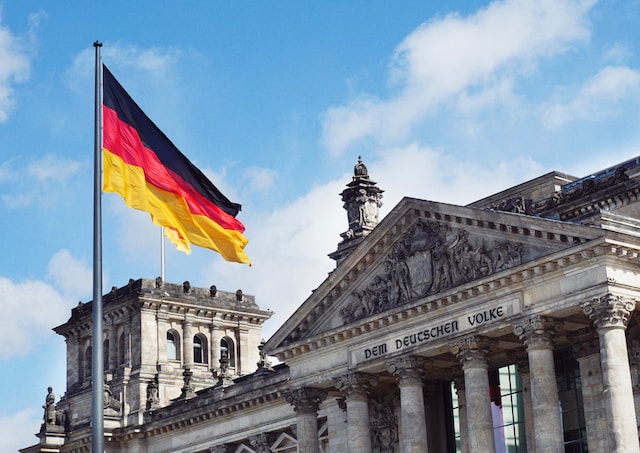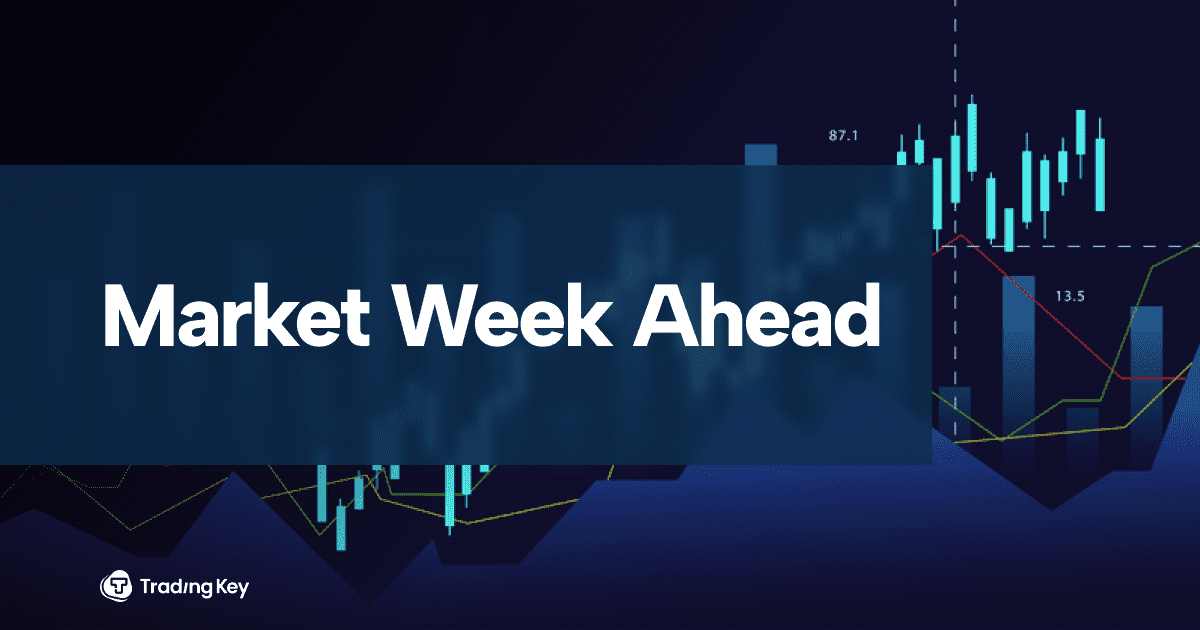[Reuters Analysis] Can post-election Germany stabilise a panicked Europe? - Peter Apps

The opinions expressed here are those of the author, a columnist for Reuters.
LONDON, Feb 21 (Reuters) - At the most newsworthy Munich Security Conference in recent memory last weekend, Germany’s likely next chancellor did all he could to look unfazed by the unexpected endorsement of its far-right AfD party by U.S. Vice President JD Vance.
Barring a major upset, Germany’s February 23 election will see the Christian Democrats (CDU) led by Friedrich Merz become the largest party, with the Alternative for Germany (AfD) predicted to finish second.
The CDU and other parties – particularly the current ruling left-of-centre Social Democrats (SPD) and Greens – have pledged a “firewall” in which all rule out working directly with the nationalist AfD in coalition.
If he does win as expected, Merz – who lost the CDU leadership campaign to Angela Merkel in 2002, then returned to German politics after years as a lawyer and financier – will find himself arguably the most powerful man in Europe.
At Munich last weekend, he was treated very much as a chancellor-in-waiting, outlining during a panel discussion how Germany under his leadership might tackle the most volatile European security situation in recent recollection - the stark U.S. shift under President Donald Trump away from full support of Ukraine in its war with Russia.
“I am hearing often that there is a lack of German leadership within the European Union,” Merz told the Munich audience.
“I fully agree with those who are demanding more leadership from Germany and frankly I’m willing to do that because Germany is in a strategic position at the centre of Europe and so many things depend on Germany that we are having to take a new role.”
How much clout Germany really has to do that, however, remains an open question.
There has been a growing schism over the last two weeks between the Trump administration and U.S. allies in Europe over both Ukraine and European domestic politics. It has been marked by serious questions about whether Europe can keep Ukraine resupplied to continue its battle against Russian invasion, or provide peacekeepers if the war ends.
So far, it has been Europe’s eastern and northern nations that have pushed fastest in building up defences and Britain and France that have led the debate on potential European troops for Ukraine.
Both British Prime Minister Keir Starmer and French President Emmanuel Macron will visit Washington this week.
Still, despite current economic headwinds and assuming he does emerge as chancellor, it is Merz’s Germany that will most likely find itself called upon in the longer run to be the industrial and political heavyweight in the heart of a Europe that can defend itself if U.S. support recedes under Trump.
“This is now really a change of an era,” Merz said last Saturday. “This weekend here is clearer than at any time before and if we are not hearing the wake-up call now it may be too late for the entire European Union.”
The annual “military balance” survey published each year by the London-based International Institute of Strategic Studies showed Germany as the fourth largest defence spender in the world - the result of a 23 percent increase in Berlin’s defence budget since 2023.
That means it outstrips every nation aside from the U.S., Russia and China – no mean feat for a country that has always historically fallen well short of NATO spending targets.
Germany is also tripling its battle group in Lithuania to a full-scale, permanently based Panzer tank brigade, its largest deployment outside its borders since 1945, and strategically placed in the "Suwalki Gap" between Poland, Russian ally Belarus and the Kremlin-controlled Baltic enclave of Kaliningrad.
That deployment is seen as a significant step plugging what had been one of NATO's most vulnerable front-line areas.
But despite the recent hike in defence spending, current Chancellor Olaf Scholz’s SPD-led “rainbow coalition” has faced widespread complaints from allies for moving too slowly, not least on support for Ukraine.
Scholz has opposed the delivery of state-of-the-art German-built Taurus long-range cruise missiles to Ukraine, and presented himself as a voice for “de-escalation”.
In Munich, Merz repeated that he would supply the missiles – and said he wanted to see European nations including France and Britain discuss jointly the delivery of such weapons as part of a much greater European effort in the continent’s own defence.
It was, he noted, a role that Germany had taken in the past under prior CDU leaders Konrad Adenauer in the 1950s and early 1960s, and Helmut Kohl in the 1980s and early 1990s. But both enjoyed much stronger domestic support than is likely for Merz.
Nor were either of them dealing with anything approaching the scale of the potential unravelling of transatlantic relations that appears possible after last weekend.
SLACK-JAWED
European nations were openly unthrilled by comments from Trump's Secretary of Defense Peter Hegseth last week at NATO headquarters in Brussels in which he declared an end to the U.S. acting as the primary guarantor of European security.
Hegseth also called for the continent to step up for its own security and announced that the U.S. would negotiate on the Ukraine war with Russia without Europe or Kyiv present.
Those comments, however, had at least been trailed by U.S. officials, not least Trump himself.
But European officials, pundits and others were genuinely shocked by Vance’s opening address at the annual Munich Security Conference on February 14.
Vance railed against European nations for what he said was an assault on freedom of speech and a failure to control migration. He further criticised “firewall” efforts by other German parties to keep the anti-immigrant AfD from power.
At the Munich meeting, Merz largely avoided joining in the furious criticism of those comments from other German and European politicians.
In the final German election TV debates this week, however, he was much less diplomatic.
"I will not let the U.S. vice president tell me who I have to talk to here in Germany," Merz said. "I accepted the results of the U.S. election held on November 8 last year, and I expect the American government to do the same in return."
Merz said he had expressed his opposition to the Vance speech in his direct meeting with the vice president on the sidelines of the conference – where U.S. and AfD officials say Vance also met with AfD leader Alice Weidel.
Vance also criticised the recent suspension of Romania’s presidential election, backed by other European powers, over suspicions of Russian-backed interference and disinformation efforts. "If your democracy can be destroyed with a few hundred thousand dollars of digital advertising from a foreign country, then it wasn't very strong to begin with," Vance said.
Merz has been mocked in the past for his supposed resemblance to the Simpsons character “Mr Burns” and his somewhat wooden speaking style.
His comments in Munich, however, suggested he wanted to put an imprint of German leadership on multiple discussions – including over what Europe should spend on defence.
The NATO and Munich meetings last week made it clear Trump’s opening call is for Europe to spend 5 percent of GDP on defence – more than the 3.5% the U.S. currently spends.
Merz echoed calls from NATO Secretary General Mark Rutte that the new target level should be agreed between NATO members in advance of NATO's Amsterdam summit in late June, then signed off by all allies.
ROGUE TRUMP?
What Trump and those around him think about that is not yet clear. What is clear, however, is that the optics of bilateral U.S.-Russian talks in Riyadh this week have both further angered and disconcerted Europeans, as has Trump’s criticism of Ukrainian President Volodymyr Zelenskiy since then.
Monday saw European leaders gathering in Paris at the invitation of Macron, with Germany still represented by Scholz.
Increasingly, however, foreign leaders are ignoring the German Social Democratic leader, believing he will soon be gone from office. Vance failed to meet him altogether, with U.S. officials telling reporters he was no longer relevant.
On Monday, Starmer suggested that British troops might be at the spearhead of a new foreign peacekeeping force in Ukraine perhaps backed up by U.S. air power. Merz, however, is believed to have reservations on that plan, as did several other European leaders in Munich.
“Before you put troops on the ground you really have to think through what should happen if these troops are being attacked,” said Swedish Prime Minister Ulf Kristersson. “If we are to take responsibility from the European Union side for the solution after an agreement, then obviously we need to be part of the agreement ... It’s vital that we are part of the talks.”
The optics of this week's U.S.-Russia talks so far, however, suggest that this simply will not be the case.
How powerful a position Merz will have at the table to shift that – or even if he is there at all – will depend heavily on the outcome of the German vote this weekend.
In Munich, one Trump supporter, prominent U.S. Senator Lindsey Graham, told attendees it was in their interest for Trump to broker a quick end to Ukraine fighting. He recommended the Kyiv government sign a rapid mineral deal with Washington to ensure the U.S. felt its engagement was worthwhile.
A worsening feud between Trump and Zelenskiy, however, may point to a looming, more serious split between Europe and a Trump administration that has no appetite for compromise.
“If we get this right, we will restore deterrence and I think Trump is the best person to do that,” Graham said of the evolving global situation. “I’m tired of worrying about being provocative to bad guys. I want them to fear us. And if you don’t fear Donald Trump I think you are a little crazy.”








